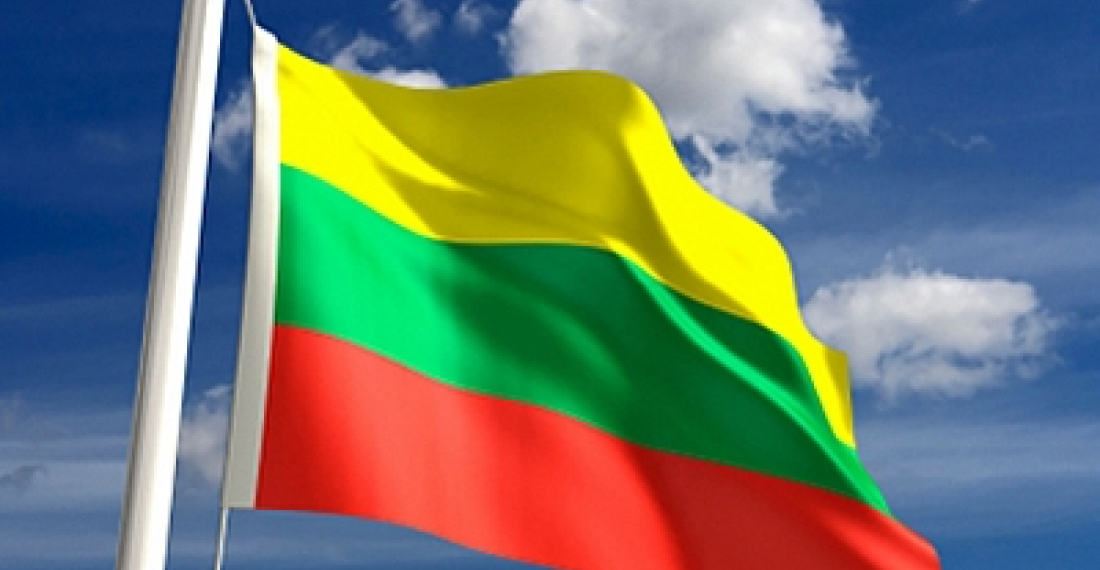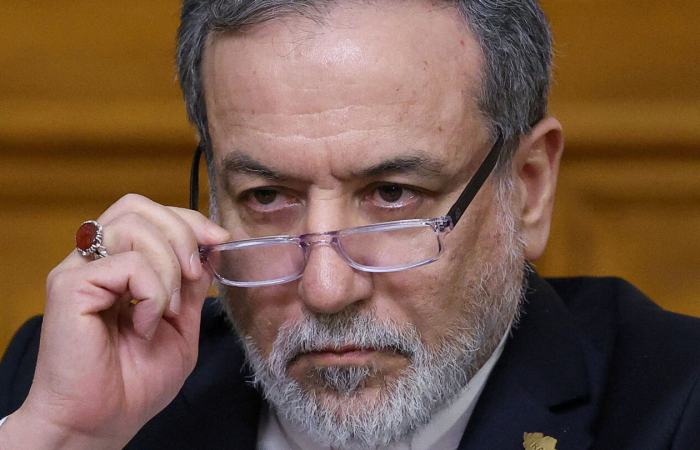В любых контактах между сторонами эмоциональные эпитеты не приносят результатов и не помогают разрешению проблемы, соответственно акцент нужно делать на политическую волю, которая помогает в разрешении проблем. Главное насколько конструктивно ты будешь настроен на ее решение. Позиция Литвы в разрешении нагорно-карабахского конфликта ясна и неизменна. Мы полностью поддерживаем действия, которые осуществляет Минская группа ОБСЕ. Об этом 5 апреля на совместной с главой МИД Армении Эдвардом Налбандяном пресс-конференции заявил его литовский коллега Аудронюс Ажубалис.
В свою очередь, Налбандян заметил, что еще в Астане госсекретарь США Хиллари Клинтон при поддержке своих коллег из Франции и России заявила, что все принципы, представленные для разрешения нагорно-карабахского конфликта, составляют пакет документов, и его разрешение возможно лишь при соблюдении всех элементов данного пакета. Иного подхода, по словам главы МИД Армении, быть не может. Исключение же какого-либо из элементов исключит урегулирование конфликта. По словам Налбандяна, позиции Армении и стран сопредседателей в этом вопросе полностью совпадают. Заявления же Азербайджана лишь препятствуют урегулированию конфликта, более того, это банальные попытки пустить пыль в глаза собственному обществу.
На вопрос журналистов, почему международные организации не предпринимают адекватных мер в отношении расистских высказываний официального Баку, министр отметил, что соответствующая реакция есть, приведя в пример письмо, в котором Евросоюз осудил последние проазербайджанские расистские лозунги. "Более того, действия Азербайджана дискредитируют Совет Безопасности ООН, непостоянным членом которого он является. Комментарии в данном контексте излишни, особенно если учитывать, действия которые предпринимает Баку, активно вооружаясь, что ставит под угрозу безопасность региона. Данные действия вызывают со стороны международных организаций лишь осуждение",- заявил Налбандян.







